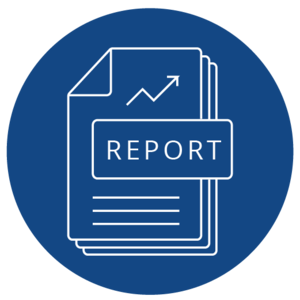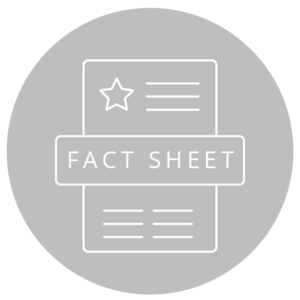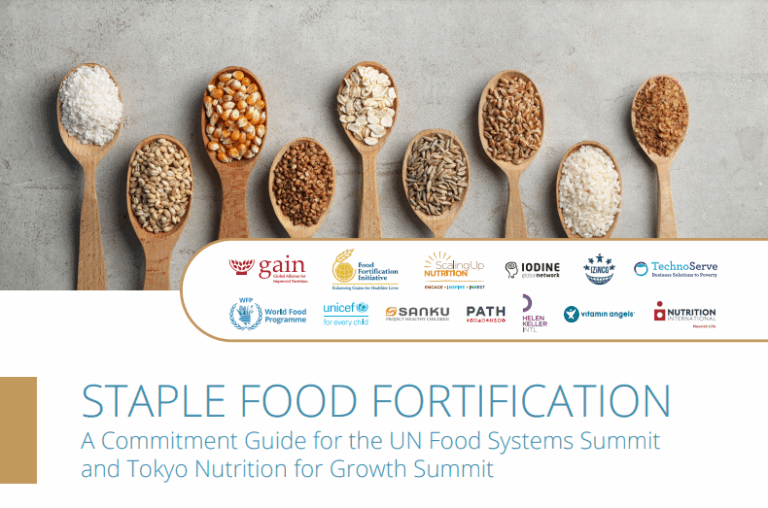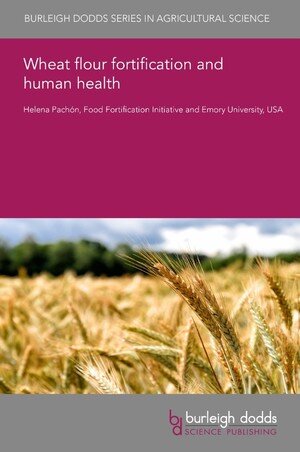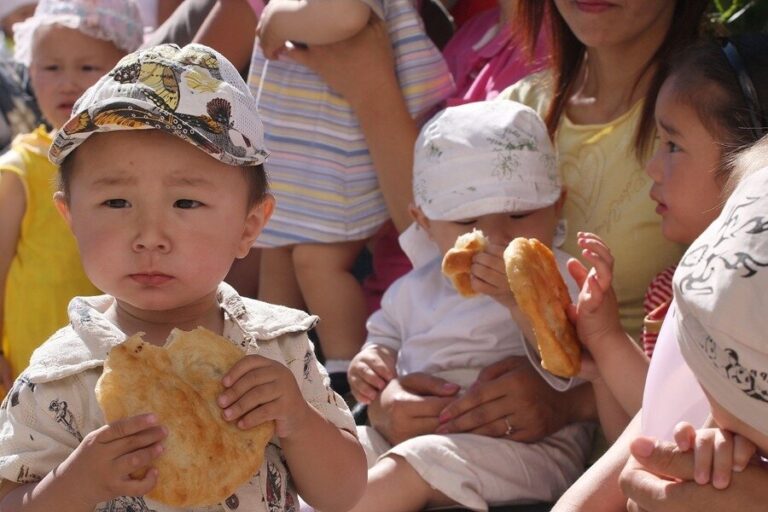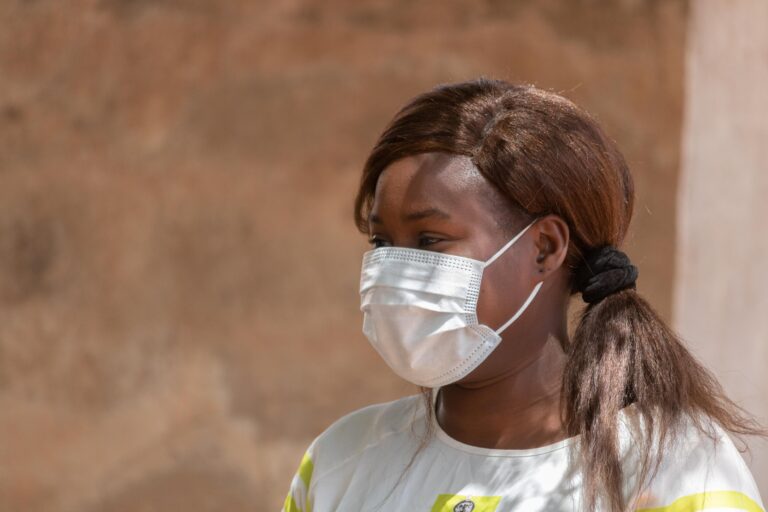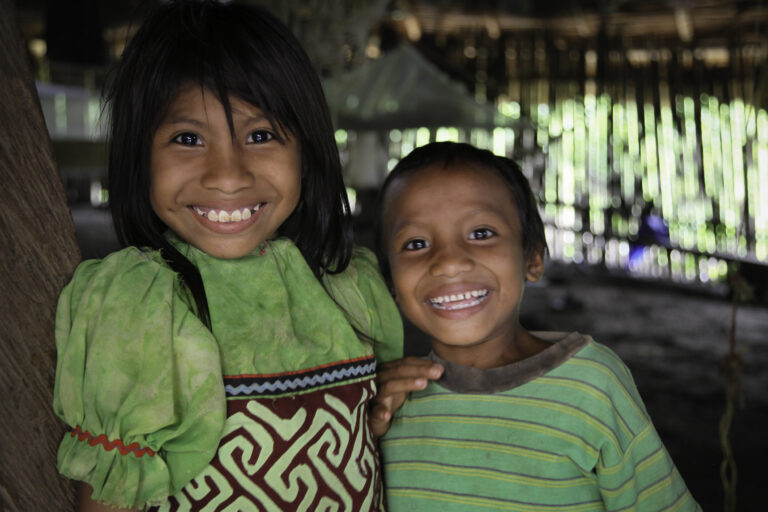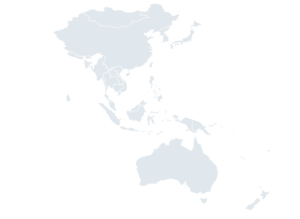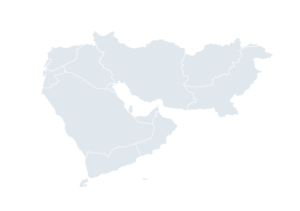Americas
Region Profile
Costa Rica and the United States are leaders in global grain fortification as they are the only countries with legislative requirements to fortify wheat flour, maize flour, and rice.
Most countries in the Americas began wheat and maize flour fortification several decades ago. We encourage these countries to review their standards. The levels of vitamins and minerals may need to be revised, the fortification compounds used may need to be changed, or additional nutrients may need to be added to create a desired public health impact. World Health Organization (WHO) recommendations for wheat flour and guidelines for maize flour offer a starting point for these discussions. In updating or creating new policy documents for fortification, review these key topics (in English or Spanish) to include in legislation, standards, and monitoring guidelines.
Costa Rica, Nicaragua, Panama, and the United States have mandatory fortification of rice. Additionally, Brazil and Venezuela have standards allowing for voluntary rice fortification. See WHO guidelines for fortifying rice to improve the nutrition of a population.
The countries in this region and the legislative status of grain fortification are listed below. In this region, Nicaragua reports that more than 50% of its industrially milled maize flour is fortified even though it is not mandatory. See the Global Fortification Data Exchange (GFDx) for information on when the country’s legislation was passed and whether the country also fortifies cooking oil and salt.
For more information on the unique data-driven approach that FFI uses to prioritize country assistance and support in the region, see our Americas regional strategy.
Fortification Legislation Status
Click on any of the column headings to sort the list by country, wheat flour, maize flour, or rice.
| Country | Wheat flour | Maize flour | Rice |
|---|---|---|---|
| Anguilla | - | - | - |
| Antigua and Barbuda | Mandatory | - | - |
| Argentina | Mandatory | - | - |
| Aruba | - | - | - |
| Bahamas | Mandatory | - | - |
| Barbados | Mandatory | - | - |
| Belize | Mandatory | - | Voluntary |
| Bermuda | - | - | - |
| Bolivia, Plurinational State of | Mandatory | - | - |
| Brazil | Mandatory | Mandatory | - |
| British Virgin Islands | - | - | - |
| Canada | Mandatory | - | Voluntary |
| Cayman Islands | - | - | - |
| Chile | Mandatory | - | - |
| Colombia | Mandatory | - | - |
| Costa Rica | Mandatory | Mandatory | Mandatory |
| Cuba | Mandatory | - | - |
| Dominica | Mandatory | - | - |
| Dominican Republic | Mandatory | Voluntary | - |
| Ecuador | Mandatory | - | - |
| El Salvador | Mandatory | Mandatory | - |
| Falkland Islands (Malvinas) | - | - | - |
| French Guiana | - | - | - |
| Grenada | Mandatory | - | - |
| Guadeloupe | - | - | - |
| Guatemala | Mandatory | Mandatory | - |
| Guyana | Mandatory | - | - |
| Haiti | Mandatory | - | - |
| Honduras | Mandatory | - | - |
| Jamaica | Mandatory | - | - |
| Martinique | - | - | - |
| Mexico | Mandatory | Mandatory | - |
| Montserrat | - | - | - |
| Netherlands Antilles | - | - | - |
| Nicaragua | Mandatory | - | Mandatory |
| Panama | Mandatory | - | Mandatory |
| Paraguay | Mandatory | - | - |
| Peru | Mandatory | - | Mandatory |
| Puerto Rico | - | - | - |
| Saint Kitts and Nevis | Mandatory | - | - |
| Saint Lucia | Mandatory | - | - |
| Saint Pierre and Miquelon | - | - | - |
| Saint Vincent and the Grenadines | Mandatory | - | - |
| Suriname | Mandatory | - | - |
| Trinidad and Tobago | Mandatory | - | - |
| Turks and Caicos Islands | - | - | - |
| United States of America | Mandatory | Mandatory | Mandatory |
| United States Virgin Islands | - | - | - |
| Uruguay | Mandatory | - | - |
| Venezuela, Bolivarian Republic of | Mandatory | Mandatory | Voluntary |
Our definition of legislative status:
Mandatory: Legislation has the effect of mandating fortification of one or more types of wheat or maize flour or rice with at least iron or folic acid.
Voluntary: Country has standard for fortification, but fortification is not mandatory.
If the information we have is incorrect, please send updated information to info@ffinetwork.org

